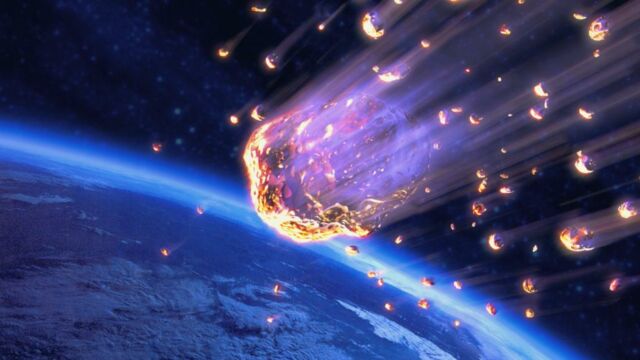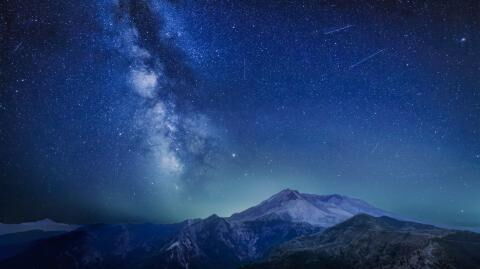Few astronomical events are as interesting as meteor showers. They are easy to observe, require no additional equipment and offer a memorable spectacle. Following the meteor showers of the Eta Lyrids, the Eta Aquariids, the Tau Herculides and the Bootids, there are two meteor showers expected at the end of the month. Here's everything an astronomer needs to know.
Discover our latest podcast
The Piscis Austrinid meteor shower
This Thursday 28 July, the Piscis Austrinid meteor shower will reach its peak. Interestingly, this swarm will be active between 15 July and 10 August. It was first observed in 1865 by the British astronomer Alexander S. Herschel.
PASS IT ON: The Delta Aquarids Meteor Shower peaks on the night of July 28th through the predawn hours of July 29th. Around 20 meteors will be possible per hour! #MeteorShower#Spacepic.twitter.com/VoK3bo6nmZ
— Mark Tarello (@mark_tarello) July 24, 2022
The Piscis Austrinid meteor shower will not be major. It is estimated that only a handful of meteors will be visible per hour, so you will need to pay close attention to enjoy the show. According to PGJ Astronomy, these meteors will be white and particularly ‘slow’ (about 5 km per second).
The Gamma-Draconid meteor shower
The meteor shower of the Gamma-Draconids will also reach its peak. Its period of activity, however, is much smaller: it runs from July 25 to July 31.
Like the previous one, it will be rather small, with an average of only 5 meteors per hour. According to Star Walk, the peak of this meteor shower will be at 5 pm.
This article is translated from Gentside FR.
Read more:
⋙ Here’s all you need to know about the 3 meteor showers in July
⋙ Newly invented 'flying saucer' to help explore the Moon, according to scientists
⋙ This is what your emotional personality is based on your moon sign















